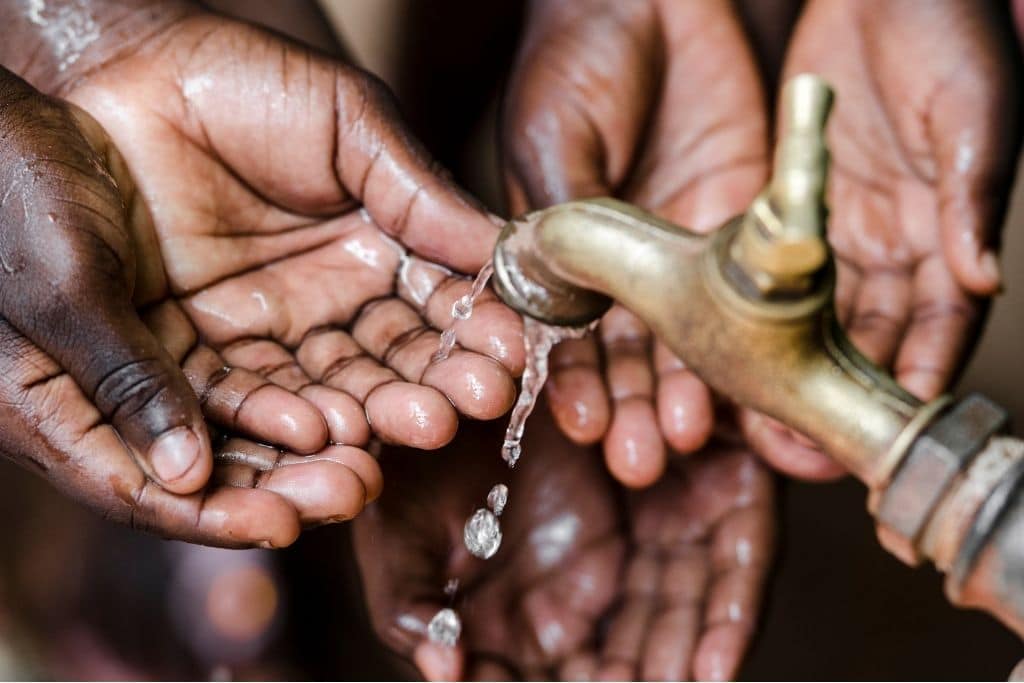By BUUMBA CHIMBULU
A NEW report by the World-Wide Fund for Nature (WWF) has revealed that water crisis is threatening US$58 trillion of economic value, food security and sustainability.
[ihc-hide-content ihc_mb_type=”show” ihc_mb_who=”4,5,6″ ihc_mb_template=”2″ ]
The High Cost of Cheap Water report uncovers a stark reality; the annual economic value of water and freshwater ecosystems is estimated to be US$58 trillion, equivalent to 60 percent of global Gross Domestic Product (GDP).
The report finds that direct economic benefits, such as water consumption for households, irrigated agriculture and industries, amount to a minimum of US$7.5 trillion annually.
It also estimates that the unseen benefits – which include purifying water, enhancing soil health, storing carbon, and protecting communities from extreme floods and droughts – are seven times higher at around US$50 trillion annually.
WWF has, therefore, called on governments, businesses and financial institutions to urgently increase investment in sustainable water infrastructure.
This is in an effort to address the global water crisis.
WWF International’s Director-General, Kirsten Schuijt said it was time for governments, businesses, and financial institutions to invest in protecting and restoring freshwater ecosystems to build a future where water flows in abundance for all.
Dr Schuijt said water was one of the cornerstones upon which shared future stands.
“WWF’s report reveals the staggering underlying value of water and freshwater ecosystems to our global economy and environment.
“Healthy rivers, lakes and wetlands are essential for water and food security, adapting to climate change and sustaining biodiversity, but they also provide priceless cultural and spiritual values that are vital to people’s wellbeing worldwide,” Dr Schuijt.
And WWF-Zambia Country Director Nachilala Nkombo said reversing the loss of freshwater ecosystems would pave the way to a more resilient, nature-positive and sustainable future for all.
[/ihc-hide-content]










